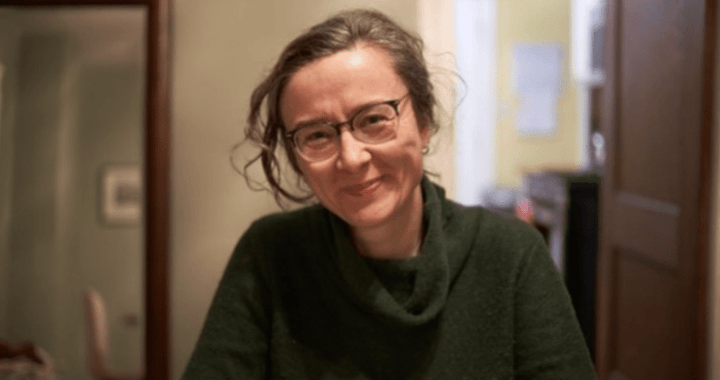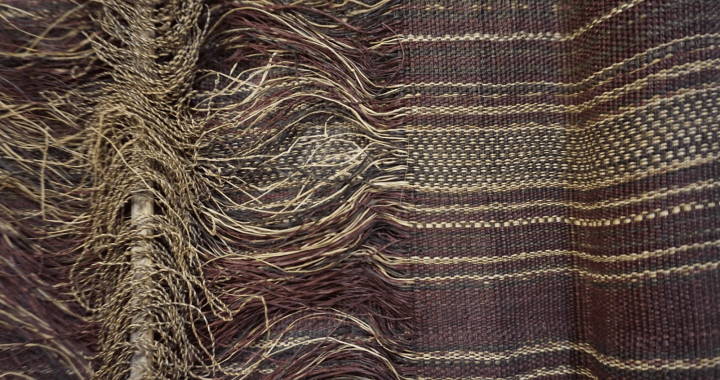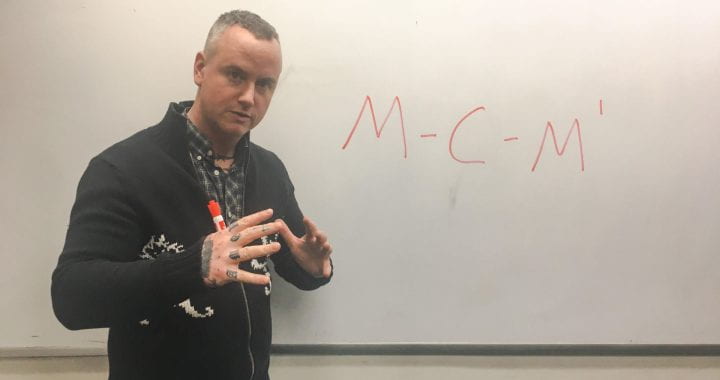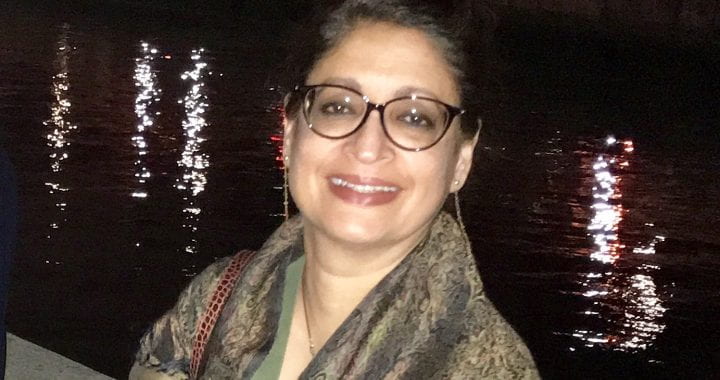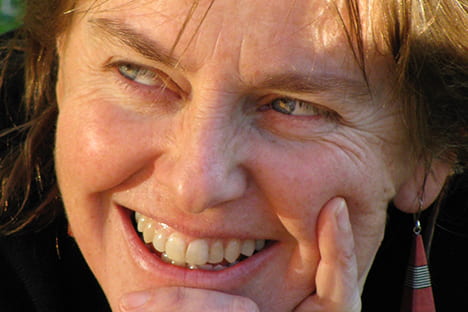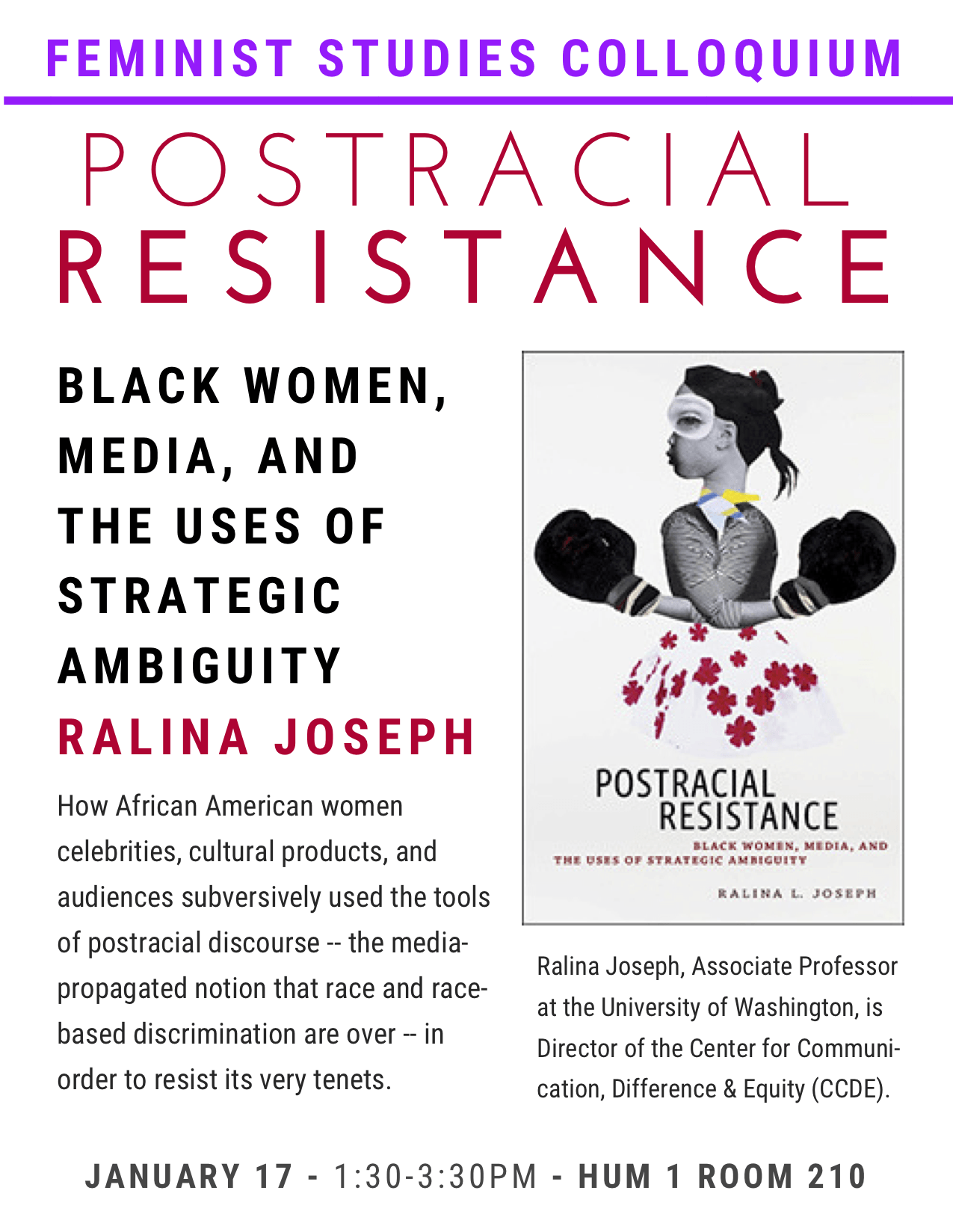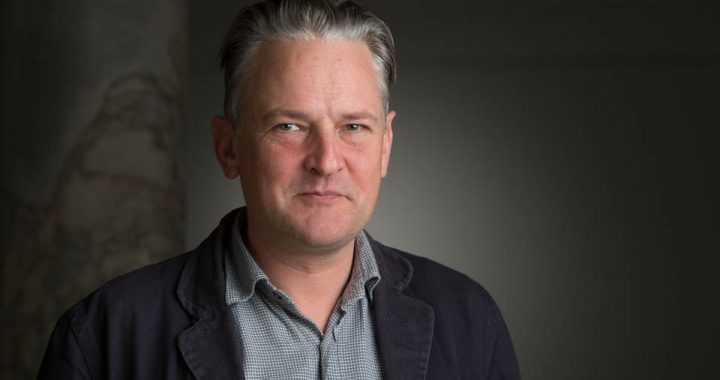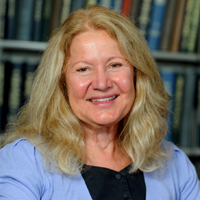This talk is sponsored by the Center for South Asian Studies (CSAS)
As a documentary filmmaker, working in India, and especially as one interested in political conversation and social change, you inherit a form. The documentary form ostensibly exists outside commercial mainstream Indian cinema, privileges realism, and is marked by ethical nobility and commitment, and a willingness to be a little bit bored for a political cause. Shorn of frivolity, of excess, of emotional unpredictability and most importantly of pleasure, such settled pieties of the documentary form are difficult to accept. Instead, I offer, a kind of Hindi film duet, as the basis for thinking about documentary form: the lover’s argument which invokes shared experience, seduction, dangerous knowledge, revelation and pleasure. What kind of politics might this aesthetic suggest, when the argument is made in the service of connection, not conquest?
Paromita Vohra is a filmmaker and writer who works with a range of forms, including film, comics, digital media, installation art and writing to explore themes of feminism, desire, urban life and popular culture. Her work has been exhibited at the Tate Modern, the Wellcome Gallery and the National Gallery of Modern Art, and screened around the world. Her films as director include the documentaries Unlimited Girls, Q2P, Where’s Sandra? and Morality TV and the Loving Jehad: Ek Manohar Kahanai, among others and a series of short musical films including The Amourous Adventures of Megha and Shakku in the Valley of Consent. She has written the fiction feature Khamosh Pani, the documentaries Skin Deep, Stuntmen of Bollywood, and If You Pause, the play Ishquiya:Dharavi Ishtyle and the comic Priya’s Mirror. She has published several essays on film, popular culture, love and desire as well as short stories and writes a weekly newspaper column, Paro-normal Activity in Sunday Mid-day. In 2015 she founded the Agents of Ishq, an award-winning digital platform for conversations on sex, love and desire in India and is currently its Creative Director.
Date | Time
April 12, 2023 | 12:15 – 1:30 PM [PST]
Free and open to the public
Venue | Location
Humanities Building 1, Room 210
University of California, Santa Cruz
Please note: this is a hybrid event. To receive a link, RSVP by 11 AM on the day of the colloquium, and you will receive the Zoom link and password at 11:30 AM.


